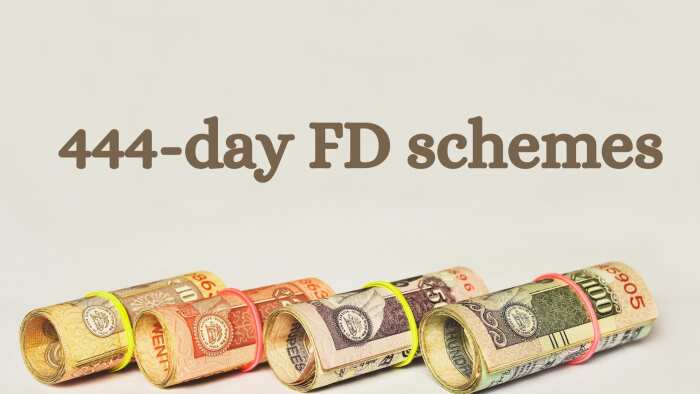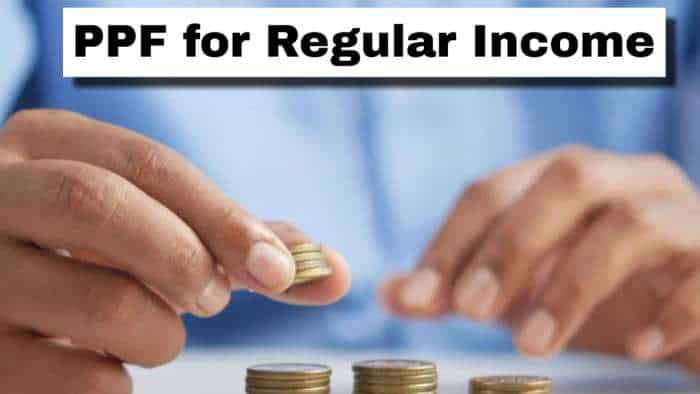De-rating of BPCL, HPCL, IOC on the cards as dominance in petroleum pipelines gets challenged
Although HPCL/BPCL/IOCL are trading at 0.9/1.2/0.8x FY24 PBV, a look at their long term valuation charts suggests that they could still correct from here.
)
The common carrier access of product pipelines may result in sustained de-rating of BPCL, HPCL, Indian Oil even lower, Swarnendu Bhushan - Co-Head of Research, Prabhudas Lilladher said in a research.
Although HPCL/BPCL/IOCL are trading at 0.9/1.2/0.8x FY24 PBV, a look at their long term valuation charts suggests that they could still correct from here.
Marketing margins losses continue for OMCs. Average HPCL and BPCL returns have under-performed Nifty by 15/7/6 per cent in past 3/6/12month, while IOCL's performance has given 8 per cent underperformance against Nifty in 3 months (overperformed 3/16 per cent in 6/12m) due to inability of raising retail prices amid rising crude oil prices.
As per our calculation, the gross marketing margin on petrol and diesel stand at Rs 5.5lit and loss of 3.8/lit respectively in September compared to Rs10.6lit/10.2/lit in 1QFY24 and Rs 8.4/2.7/lit in 2QFY24YTD, the report said.
“We remain cautious on PNGRB's decision to implement common carrier for product pipelines due to the challenge it poses for OMCs. OMCs own 90 per cent of marketing infrastructure including pipelines, marketing terminals and depots”, the note said.
While pipelines constructed under bidding process already have provisions for common carrier, older pipelines are still lacking behind. Overall utilisation of product pipelines at 68 per cent in FY23 does present an opportunity to other interested parties including private players.
Pipelines provide the cheapest method of transportation, as next best coastal is 46 per cent costlier while roadways are even twice as costly. In addition to the cost of creating new infrastructure, uncertainty of obtaining right of using land for laying pipelines remains a key challenge limiting expansion of private players in product retailing. However, post implementation of unified tariff of natural gas pipelines, we expect PNGRB to open petroleum product pipelines, a step that may sound like fall of the last bastion for OMCs, the note said.
Pipelines are the most critical part of the supply-chain as their construction takes long time. Just to share a perspective, Kochi-Bengaluru gas pipeline has still not been completed even after a decade of commissioning the Kochi LNG terminal.
Private players have largely remained at bay (6-7 per cent market share in sale of petrol/diesel in FY23) given 1) pricing interventions in petrol and diesel resulting in non-competitive environment, and 2) high cost plus time involved in laying marketing infrastructure alongside risk associated with it. However, at times OMCs have bled in terms of losses in marketing segment due to inability to pass on high cost to consumers, over a longer period of time; they have shown resilient profits. The common carrier access in product pipelines, could thus, lower the entry barrier for private players, thereby challenging dominance of OMCs over a period of time, the note said.
Catch latest stock market updates here. For all other news related to business, politics, tech, sports and auto, visit Zeebiz.com.
Get Latest Business News, Stock Market Updates and Videos; Check your tax outgo through Income Tax Calculator and save money through our Personal Finance coverage. Check Business Breaking News Live on Zee Business Twitter and Facebook. Subscribe on YouTube.
RECOMMENDED STORIES

8th Pay Commission: Can basic salary limit cross Rs 6.40 lakh mark in new pay commission? Know why it may be possible

Retirement Planning: How one-time investment of Rs 10,00,000 can create Rs 3,00,00,000 retirement corpus

Revised New Tax Regime Slabs: Is your annual income Rs 12,90,000? Will you be taxed on Rs 15,000, or Rs 12,9000? Know here

Rs 3,000 Monthly SIP for 30 Years vs Rs 30,000 Monthly SIP for 10 Years: Know which one can give you higher returns in long term
01:37 PM IST









 Government to give Rs 35,000 crore LPG subsidy to IOC, BPCL, HPCL
Government to give Rs 35,000 crore LPG subsidy to IOC, BPCL, HPCL  OMCs hike dealer commission; no change in petrol, diesel price
OMCs hike dealer commission; no change in petrol, diesel price Amazon ties up with HPCL for low carbon fuels
Amazon ties up with HPCL for low carbon fuels Disappointed by PSU OMC's Q1 results, analysts now see 27% downside in this multibagger stock
Disappointed by PSU OMC's Q1 results, analysts now see 27% downside in this multibagger stock Nifty Oil & Gas index less than 2% away from 52-week high levels; HPCL, ONGC up over 5%
Nifty Oil & Gas index less than 2% away from 52-week high levels; HPCL, ONGC up over 5%